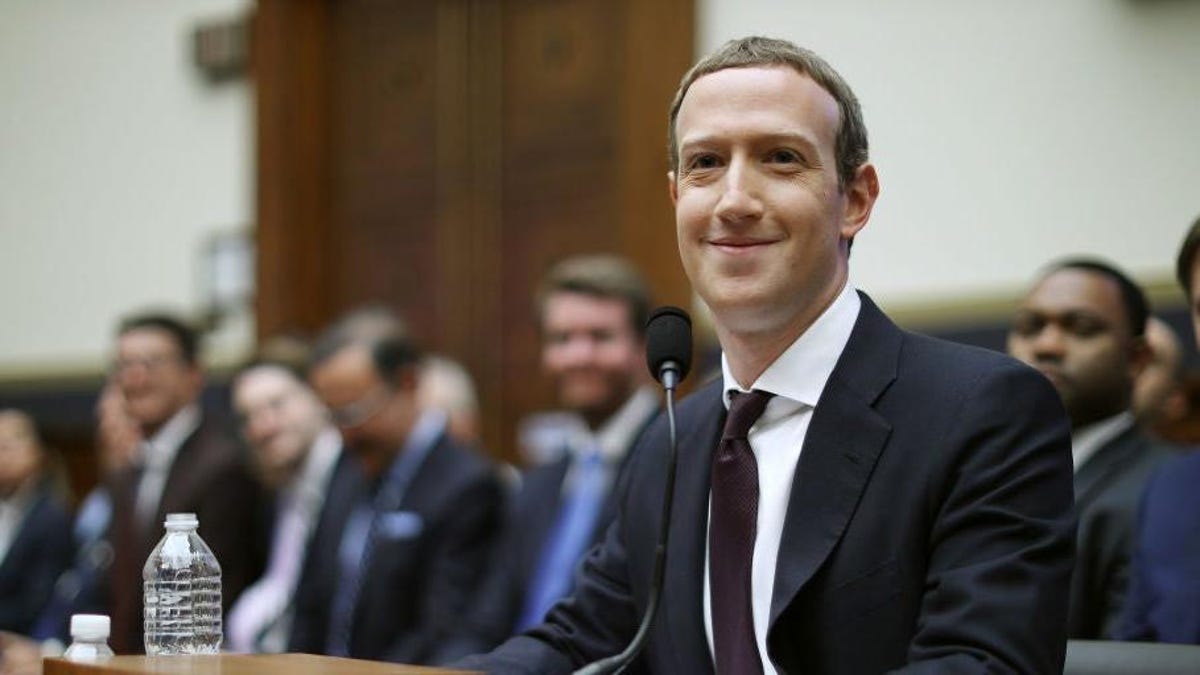
Making matters worse, Chappell, Madison 365’s editor, told Gizmodo that the performance of content is varying noticeably based on the subject matter. He said Meta isn’t just deciding whether or not users see more news, it’s deciding what kind of news shows up in users’ feeds.
Advertisement
“Over the past three or four months, anything that’s controversial or related to substantive policy news gets suppressed, but if it’s news about something relatively simple and happy, the algorithm amplifies it,” he said. Though Facebook did not confirm his assertion, leaked internal conversations at Facebook have shown executives debating about whether users should see more content judged as “positive” or “negative.”
Chappell said Madison 365’s top story on Facebook in May was an article about a new principal at a Middle school, which reached 120,000 users. “Meanwhile, a story about the Republican Speaker of the Assembly announcing he’s going to cut diversity, equity, and inclusion programs at the University of Wisconsin went to less than 1,000 people,” Chappell said, numbers that were completely different from how those stories performed on other social networks and on Madison 365’s own website.
Advertisement
“That’s not necessarily a complaint, because the story about the middle school is important to a lot of people, too,” Chappell said, though he added it was troubling to see Facebook making what he believes amount to editorial decisions — especially without acknowledgment from the company.
The digital media industry’s dependence on Facebook, once well known as a firehose of traffic, is well documented and one-sided. In May, Meta threatened to block news links altogether on Facebook and Instagram in California in response to a bill moving through the state legislature that would force tech platforms (Google as well as Meta) to pay publishers for news content.
Advertisement
Meta hasn’t blocked news in California altogether, but its platforms could be suppressing news content in more subtle ways. Whistleblowers claimed Meta blocked not only news but also the pages for hospitals and fire services in Australia in 2021 in response to a similar proposed law. Meta denied that allegation, saying the blocked pages were an unintentional flub.
The media workers Gizmodo spoke to stressed that Meta is a private company that is free to make changes and doesn’t owe anyone traffic or revenue. But the publishers said, at the very least, they deserve communication.
Advertisement
“If I knew that this was how things were gonna be for the next year I’d make strategic adjustments. But I don’t even know if this will change in two months,” Chappell said. “We invest all this time and energy, but you can’t get a hold of anyone. At the end of the day, they’re a big company, and we’re a tiny local news outlet.”
Services Marketplace – Listings, Bookings & Reviews